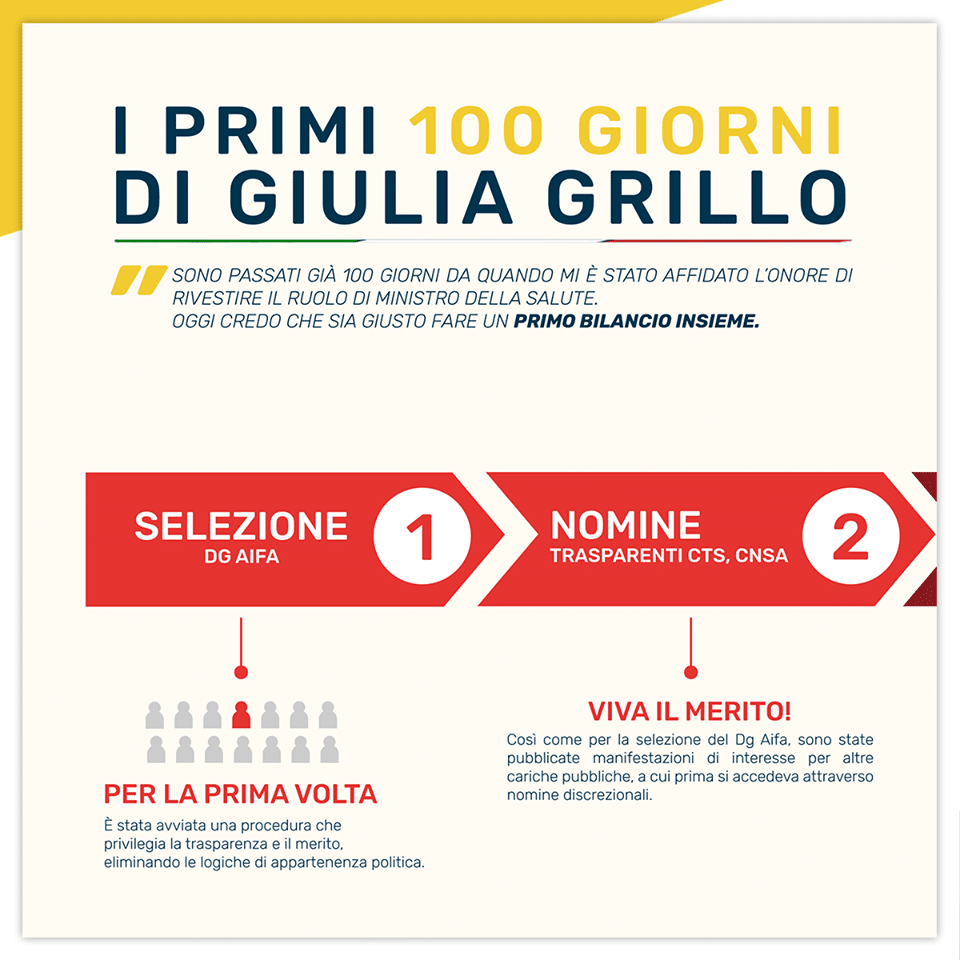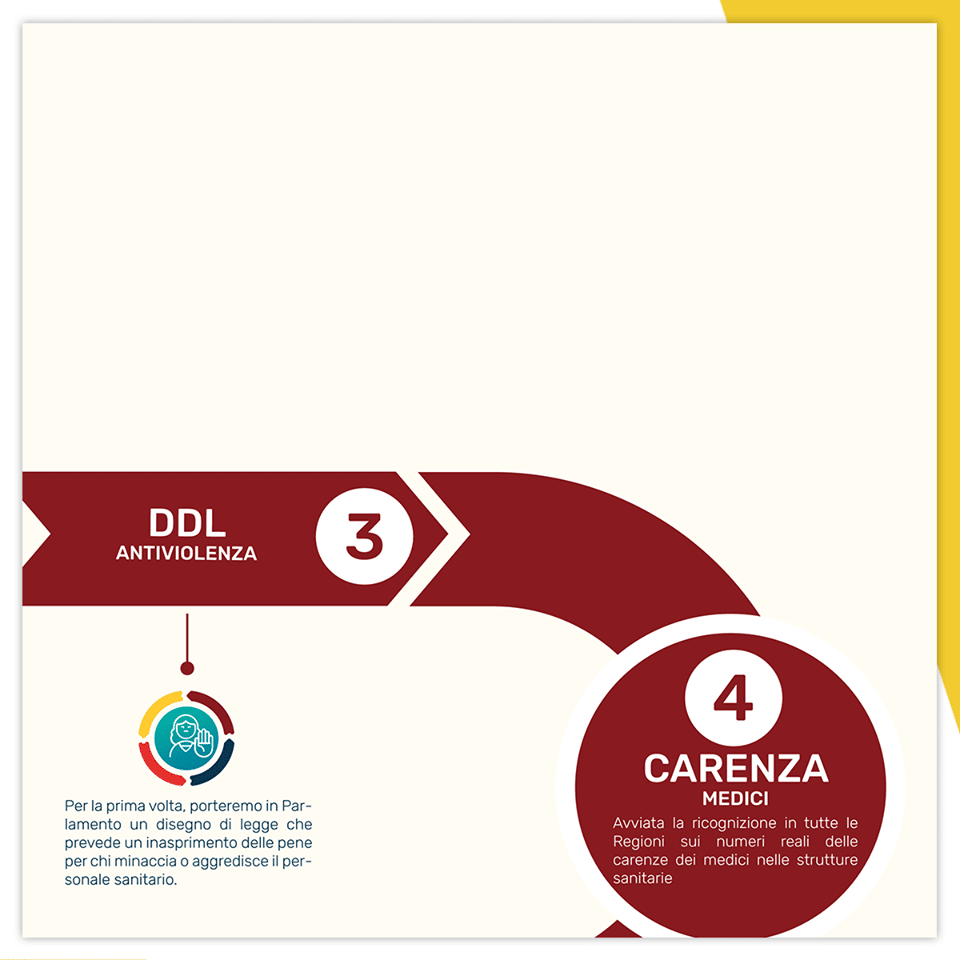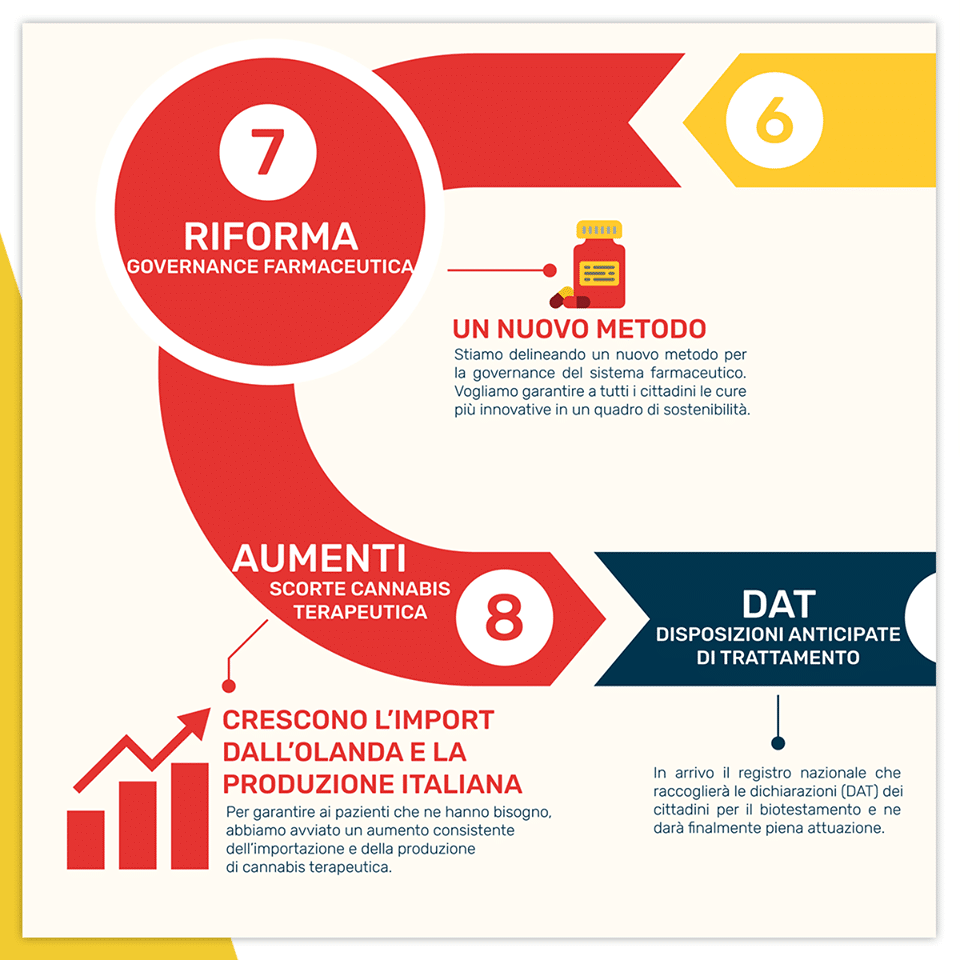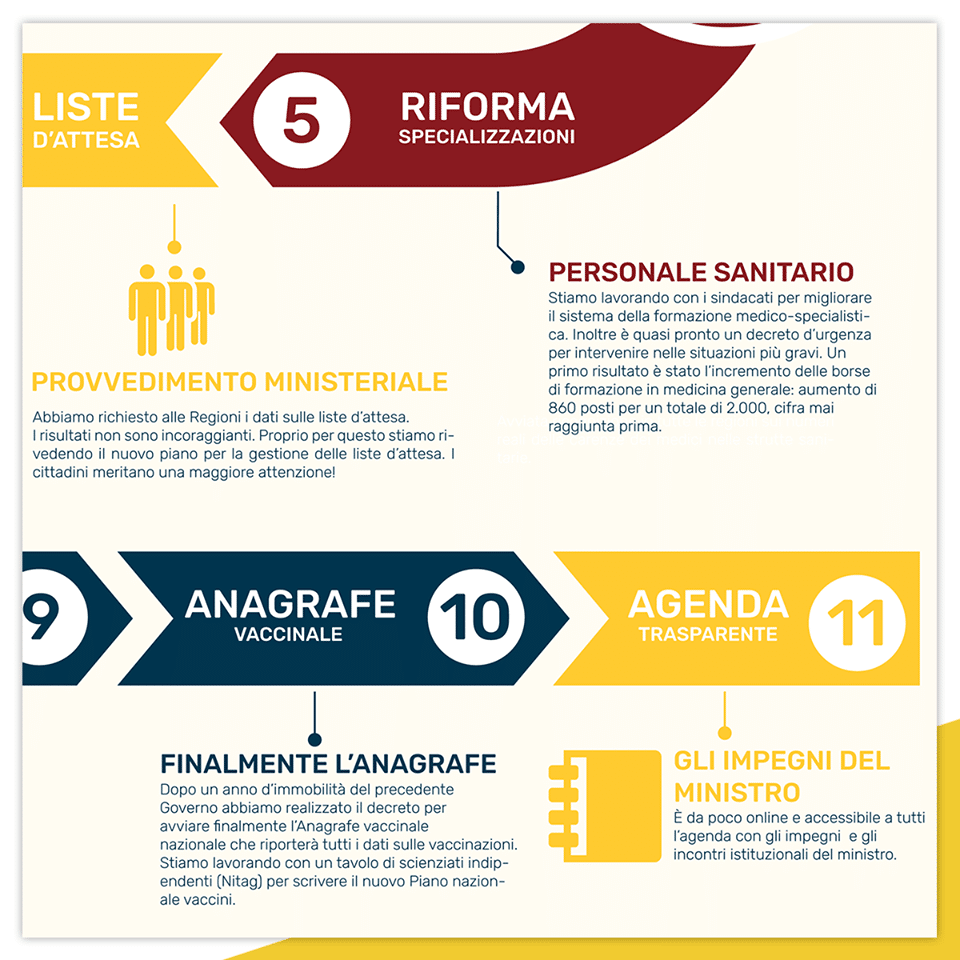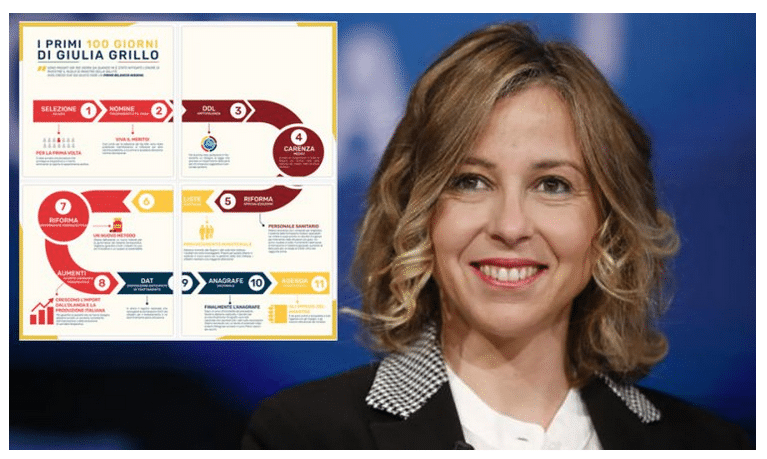
It has already been 100 days since I accepted the post of Minister of Health. A great honor, but also a great responsibility. Today I believe it is right to make a first assessment TOGETHER.
Let's face it right away, we have inherited a very complex situation. Many critical issues have not been addressed by previous governments and now it's up to us to fix them.
 As a first act, I asked the Regions for data on waiting lists. After quite a few weeks to get all the answers, the picture that emerged was somewhat alarming. In this regard, I have taken immediate measures, as in the case of the new plan for the management of waiting lists (unused for 8 years), for which I have asked for more incisive interventions in favor of the citizens.
As a first act, I asked the Regions for data on waiting lists. After quite a few weeks to get all the answers, the picture that emerged was somewhat alarming. In this regard, I have taken immediate measures, as in the case of the new plan for the management of waiting lists (unused for 8 years), for which I have asked for more incisive interventions in favor of the citizens.
Another critical issue is that of personnel. Our health system suffers from a shortage of personnel that has now become dramatic, to which we want to respond with the skills of our young people. The discussion table with the category representatives had been stalled for about two years. We have already managed to bring home a first important result: we have convinced the Regions to reopen the tenders for general medicine and increased the scholarships by 860 units, allowing 2,000 young white coats to participate in the tender for the assignment of scholarships for the training of future general practitioners. A record number, never reached before.
The commitment to transparency in appointments then led us to use a hitherto unedited selection method, but which goes in the direction of merit. In this way, I have chosen to entrust the position of General Manager of Aifa to Luca Li Bassi, an expert in 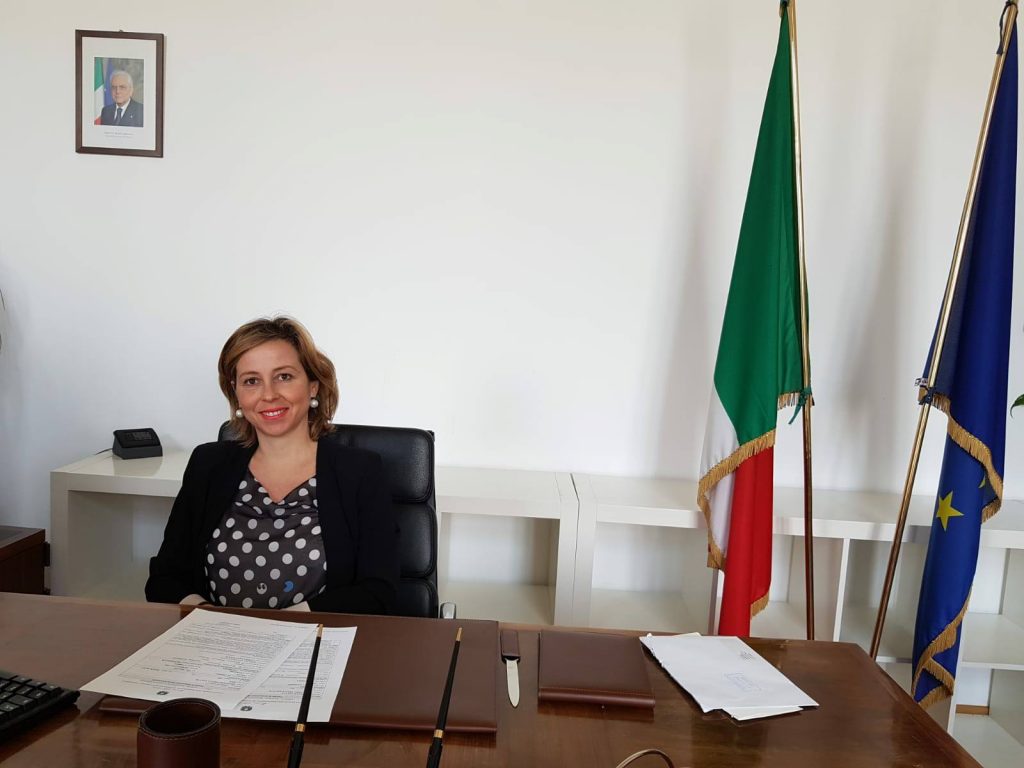 international level, for many years forced to be a "brain drain", to which I will ask to implement drug governance policies that are finally effective and sustainable.
international level, for many years forced to be a "brain drain", to which I will ask to implement drug governance policies that are finally effective and sustainable.
We are also working on the pharmaceutical expense. We immediately activated a table of international experts who are outlining the themes of the new governance, which has never been defined up to now and which is essential to guarantee the sustainability of the expenditure on medicines that the health system makes available to all citizens. The situation is similar for medical devices, to which rules that would allow for the recovery of huge resources have not been applied for years.
And as regards the vaccine issue, a bill has been filed in Parliament to overcome the insufficient formulation of the Lorenzin decree, which by focusing solely on the obligation has produced a religious war on vaccination policies. For us, the health of all citizens is important, starting with the most fragile, which is why we will promote a framework law on vaccines, modern and in line with the principles dictated by the WHO. A law that overcomes the emergency situation of the Lorenzin decree and is based on the principles of information and education about vaccinations, in all ages, not limited to coercion. We have also activated a table of independent experts (Nitag) who will write the new National Vaccine Prevention Plan and have already approved the decree for the implementation of the National Vaccination Registry, which will put together data on vaccinations, and which was expected for over a year year.
There would still be many things to say, but thanks to this infographic you will be able to better understand how we have worked at the Ministry of Health in this first phase.
All my efforts have been and will always be on the side of the citizens. It's only the first 100 days of Government, but we will continue to bring about real change
Giulia Grillo – 11 September 2018
Minister Grillo, the health system is not made up of doctors alone

